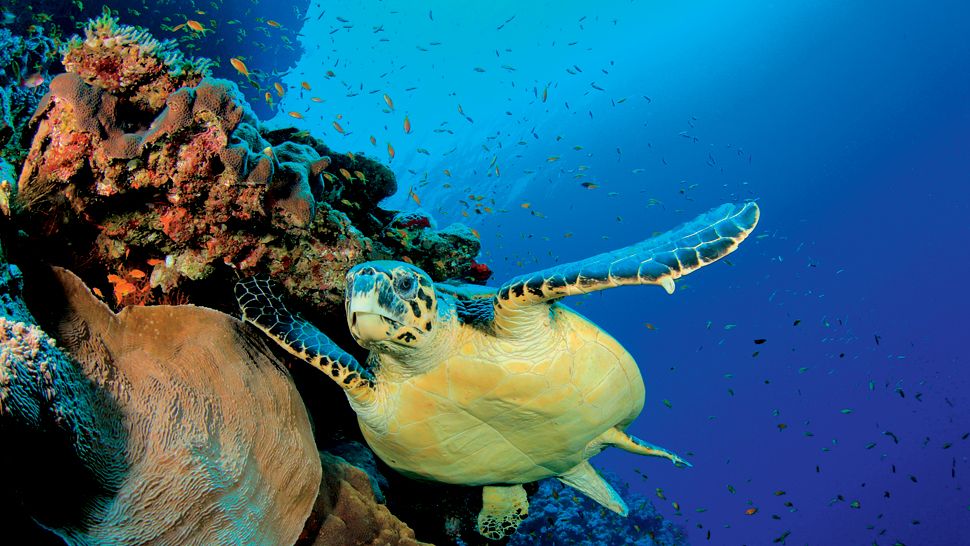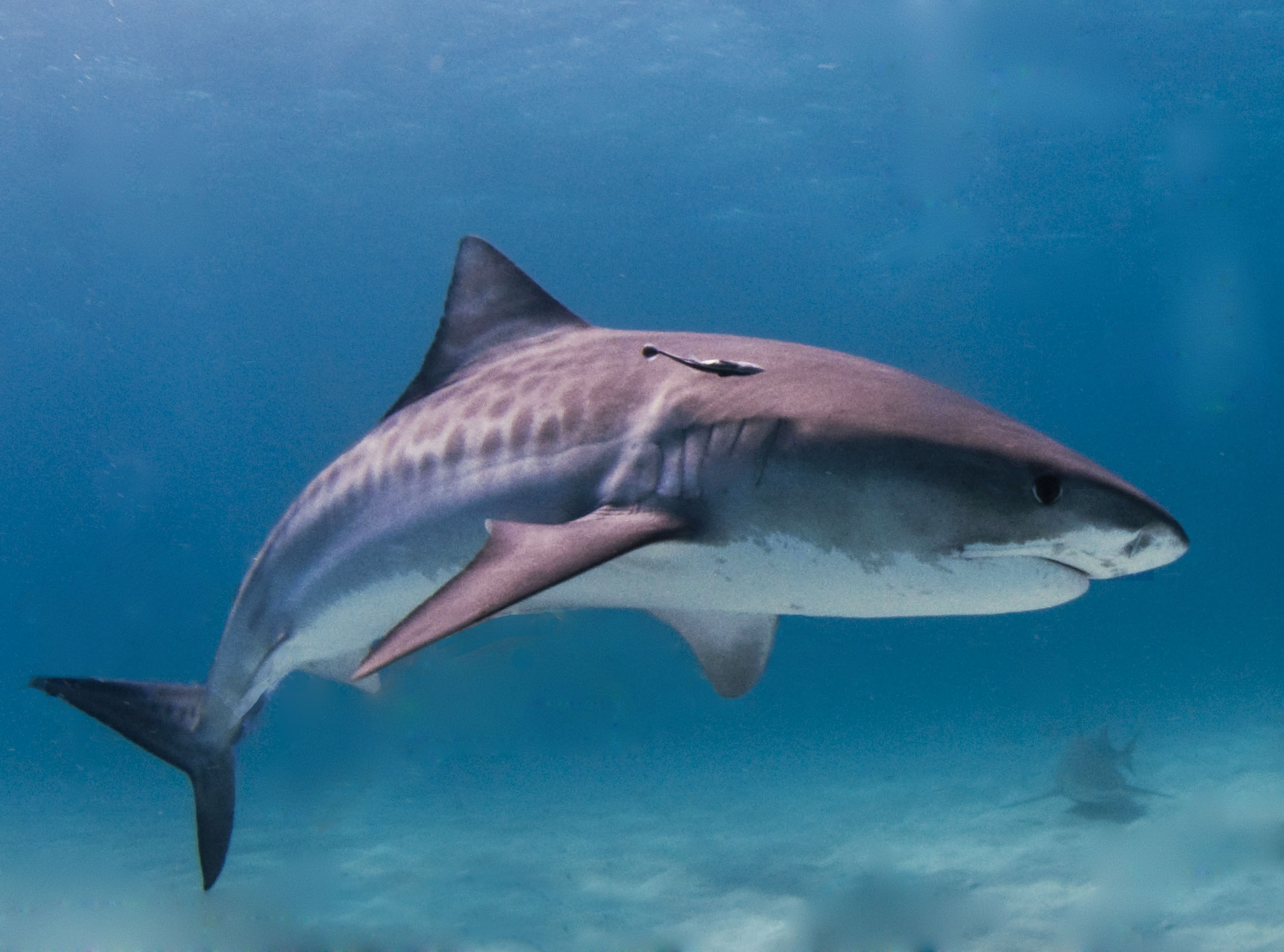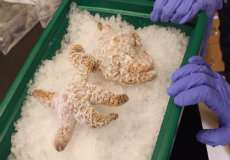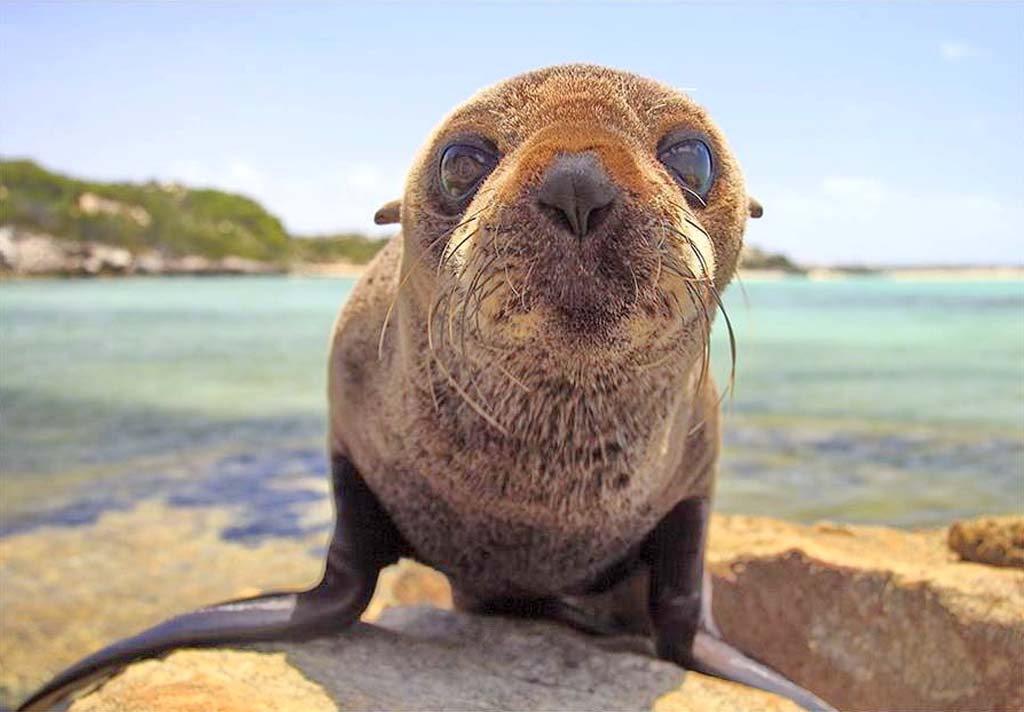 Many of us here at Sea Save had the honor of diving in the beautiful, rich, and pristine waters in the Cayman Islands. The Government has recently proposed the construction of a Cruise Berthing Facility to increase cruise tourism in the area. The construction of the piers will have significant negative impacts on the George town Harbour ecosystem. The increased silt areas as a result of the dredging will destroy hundreds of square footage of reef. The Environmental Impact Assessment reports the extend of the anticipated damage here. Save Cayman, a grassroots organization, has worked to educate the world on the impact of this development and has started a petition against the destruction of the precious reefs in the area. So, here’s our call to action- if you are interested in making an impact, regardless of where you are in the world, please review the Save Cayman website and consider signing the petition here…
Many of us here at Sea Save had the honor of diving in the beautiful, rich, and pristine waters in the Cayman Islands. The Government has recently proposed the construction of a Cruise Berthing Facility to increase cruise tourism in the area. The construction of the piers will have significant negative impacts on the George town Harbour ecosystem. The increased silt areas as a result of the dredging will destroy hundreds of square footage of reef. The Environmental Impact Assessment reports the extend of the anticipated damage here. Save Cayman, a grassroots organization, has worked to educate the world on the impact of this development and has started a petition against the destruction of the precious reefs in the area. So, here’s our call to action- if you are interested in making an impact, regardless of where you are in the world, please review the Save Cayman website and consider signing the petition here…

A study from the University of Miami Rosenstiel School of Marine and Atmospheric Science & Abess Center for Ecosystem Science & Policy examined the predator-prey interactions between tiger sharks and sea turtles. Using long-term tracking data from both species, scientist were able to determine that turtles have not altered their surfacing behavior to avoid the tiger sharks. It appears that sharks are no longer an important factor influencing the turtle movements which may be a result of decreased tiger shark populations. This report also discusses the “landscape of fear” model, a scientific theory that explains how animals move and interact with their environment based on their fear of being attacked. Read more…
This week, the White House released a press statement that describes the plant to discuss climate change with 13 of the largest companies from across the American economy. Alcoa, Apple, Bank of America, berkshire Hathaway Energy, Cargill, Coca-Cola, General Motors, Goldman Sachs, Google, Mircosoft, PepsiCo, UPS, and Walmart have entered into the American Business Act on Climate Pledge. By signing the pledge, companies will voice support a strong outcome to the Paris climate negotiations in Decemeber, reduce their own carbon emissions, and make investments into new renewable energy and low carbon technologies. Read more…
This week, over 600 baby turtles were released into the ocean off of the Boca Raton beach. These hatchlings missed their swim frenzy due to disorienting artificial light. The Gumbo Limbo Nature Center and the US Coast Guard aided in the release to make sure that the sea turtles were able to begin their aquatic life on the right flipper! Read more…
5. Washington, DC is Sinking into the Sea
 This week, scientists from the University of Texas at Arlington published a study in PLoS ONE examining the large mortality rate of sea stars along the West Coast. Over the last two years, disease has affected 20 different sea star species and created a 90% mortality rate. Scientists believe that the wasting disease is created by a virus that is related to rabies. The study describes findings on the rate of diseases and sea star immunity. Sea stars are an essential part of the marine ecosystem. Their role is to protect the rocky shores from mussel domination and maintain diversity. Read more…
This week, scientists from the University of Texas at Arlington published a study in PLoS ONE examining the large mortality rate of sea stars along the West Coast. Over the last two years, disease has affected 20 different sea star species and created a 90% mortality rate. Scientists believe that the wasting disease is created by a virus that is related to rabies. The study describes findings on the rate of diseases and sea star immunity. Sea stars are an essential part of the marine ecosystem. Their role is to protect the rocky shores from mussel domination and maintain diversity. Read more…

Last week, a Sowerby’s beaked whale was found washed ashore at a Plymouth, Mass. beach. Little is known about this whale species but it normally dwells in the deep waters of the North Atlantic. The species is extremely rare and has an extremely unique physique. There are approximately two dozen species of beaked whales, all named in this family for their pointed, dolphin-like noses. The whale was 17 feet in length and showed no signs that it had become entangled in fishing gear or struck by a ship. Read more…





